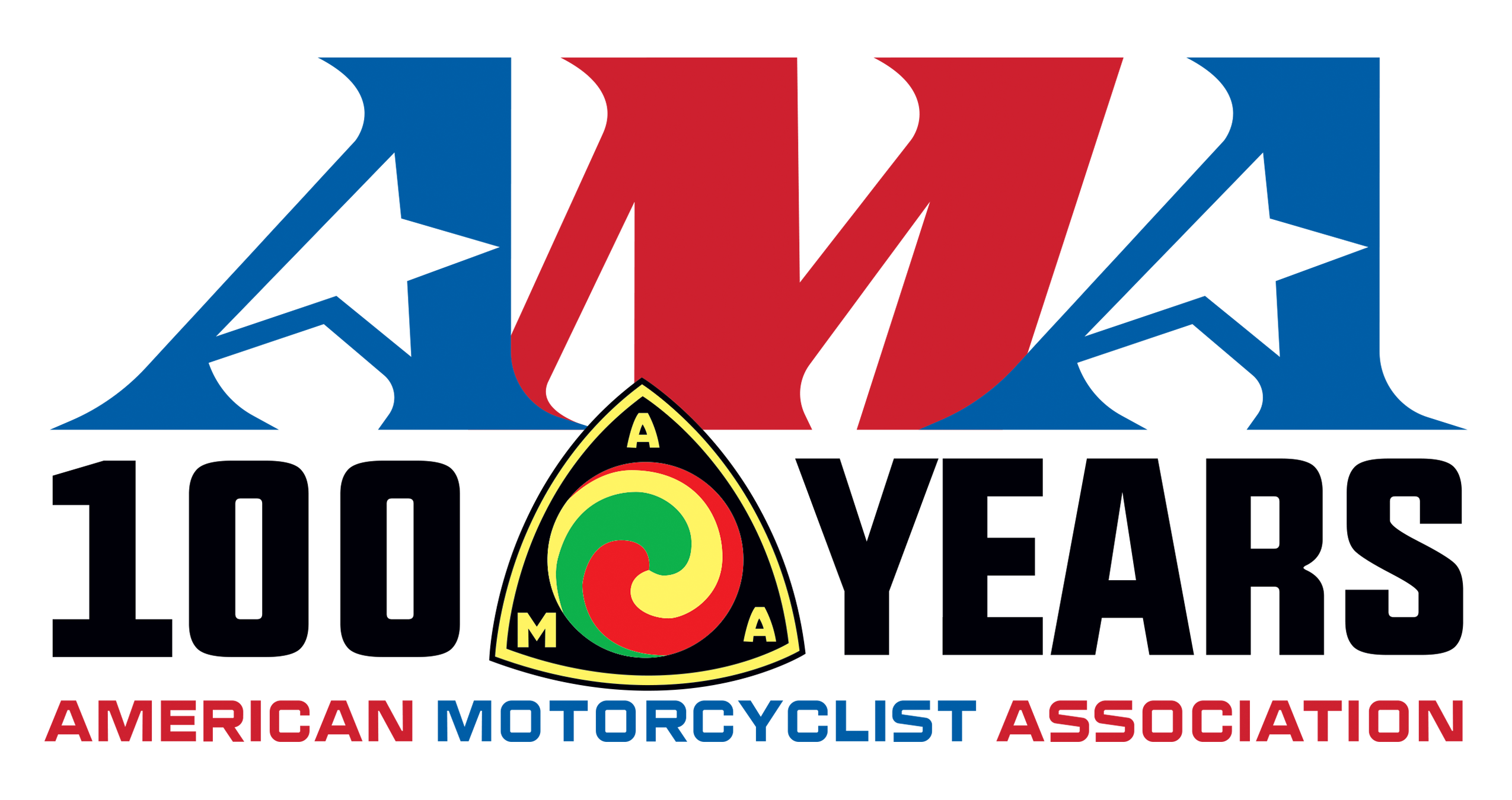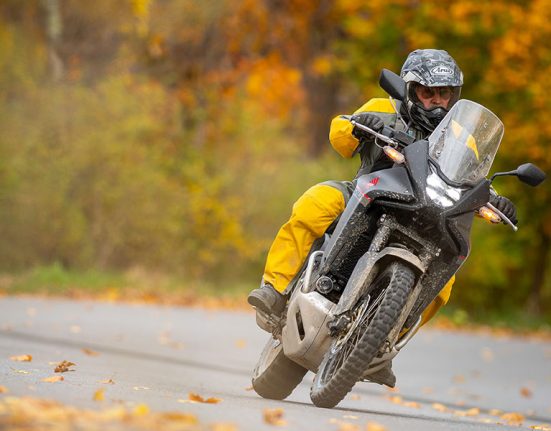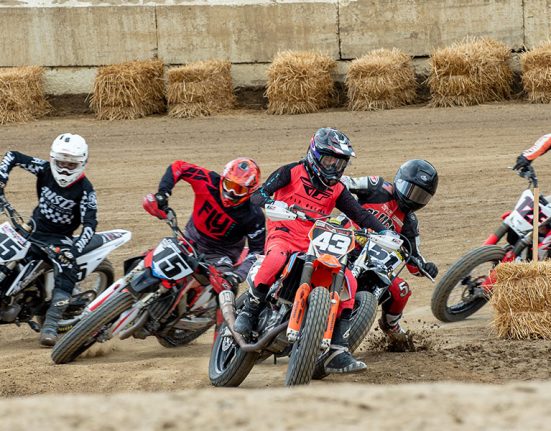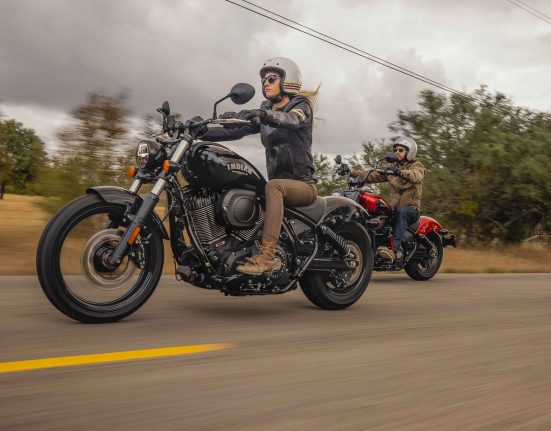5 Things Every New Rider Needs to Know
People come to motorcycling in many different ways.
There’s the guy who is tired of missing out when his buddies take off on yet another weekend ride. There’s the woman who has been riding as a passenger for years and is finally ready to ride her own ride. The middle-aged guy who sees a kid on a dirt bike and remembers happy days of his own youth, and suddenly can’t recall why he ever stopped riding motorcycles. Or the young woman who sees the sleek new sportbike in the display window and knows that she simply must have it — and learn to ride it, too.There are as many ways to get started in motorcycling as there are motorcyclists. And though each rider has a unique origin story, there are many common experiences that all of us share when just starting out.
First, there is a bewildering variety of choices. What kind of motorcycle should I get? What style, what size, how much should I spend? How do I learn to ride? Trial and error? Phone a friend? Or should I take a training course? If so, which one? What about safety gear? And protection from bad weather? What are my must-have accessories? How do I protect myself? How do I protect my bike? Maybe I should just take up golf, instead…
Before you get discouraged — or overwhelmed — allow us to give you some clear and universal advice to help you get into first gear. With that in mind, here are five things we believe every new rider needs to know to become a safe, successful and serious motorcyclist.
Statistics show that unlicensed riders are more likely to be involved in a motorcycle crash. Does a motorcycle endorsement on the piece of plastic in your wallet make you a better rider? Of course not. But it does indicate a level of seriousness that will likely contribute to your success as a motorcycle rider. That’s the real reason why licensed, legal riders are less likely to crash. Attitude is everything, and riders who take motorcycling seriously, ride legally, ride sober, and try to continuously improve their riding skills are more likely to have long and happy riding careers. It’s all about attitude.
Do you need training to ride a motorcycle well? The short answer is yes, and your best friend probably isn’t your best teacher. True story: We know one woman whose “rider training” lasted less than 10 feet. That’s how far she got across the parking lot before her boyfriend got nervous, began shouting, and started an argument that turned her off to riding for good.
Take our word: it’s often better to learn from a professionally trained stranger than from even the best-intentioned friend or relative. A great place to start is the Motorcycle Safety Foundation (MSF). This non-profit is funded by motorcycle manufacturers and distributors, and is dedicated to promoting the safety of US motorcyclists with a variety of training programs for riders of all abilities, from beginner to expert. The best place for novices to start is the MSF Basic RiderCourse, a course designed to take you from zero riding experience to licensed motorcyclist in just one weekend. In many states, passing the MSF course automatically makes you eligible for a motorcycle endorsement on your driver’s license with no additional testing required. Many insurance companies offer discounts to MSF graduates, as well. The MSF also offers a very popular DirtBike School if you are interested in off-road riding. Even if you never stray off-pavement again, having experience in a low-traction off-road environment will improve your skills and make you a better street rider, too. Visit the MSF website for more information on all of its course offerings.
It’s so much fun to imagine your ultimate motorcycle. Especially when you are just discovering the two-wheeled world, and totally intoxicated by the allure of the open road. Perhaps it’s a Harley-Davidson touring bike, dripping in chrome and outfitted with all the creature comforts to take you from Syracuse to Sturgis in style. Maybe it’s a supersonic Ducati superbike, bred for the world’s most demanding racing circuits and ready to tame your favorite back road. What about a sky-scraping adventure bike, fully farkled and capable of taking you to the end of the earth — and back.
It’s so much fun to dream, but the reality is that none of the above are good choices for novice riders. While you may be tempted — or told — to buy the bike of your dreams right out of the gate, you’re probably better off buying a smaller, less expensive used motorcycle that’s mechanically sound — even if it’s an ugly duckling.
We know what you are thinking: “What fun is that!” But hear us out. Learning to ride a motorcycle can be challenging, but that challenge can be significantly lessened on a smaller, lighter bike that is easy to control and easier to manage. And even if you do start on a smaller and lighter bike, you’re probably going to drop it, a few times at least. Not only is a smaller, lighter bike easier to pick up, but it’s less likely to incur expensive damage when you drop it, too — which will make the learning experience less traumatic to both your psyche and your pocketbook.
The motorcycle is just the beginning; you need good riding gear, too. Quality gear is the key to comfortable motorcycle travel. Good gear keeps you warm when it’s cold, cool when it’s hot, and safer in any scenario —especially in the event of a crash. Abrasion-resistant materials and protective armor that stays put even if you are sliding across the pavement can often be the difference between walking away with a few minor bumps and bruises or spending the night in a hospital room.
While the AMA opposes mandatory helmet laws, the association strongly encourages voluntary helmet use, even in states that don’t require helmets for adult riders. You should always purchase your helmets new and not used, because damage to the interior protective layers can often be undetectable to anyone but an expert. You also need to make sure the helmet fits properly so that it doesn’t move around on your head at speed, which will affect not only your comfort but also your safety. In addition to a well-made, properly fitting helmet, gloves should be considered mandatory, too, improving your comfort and control of the motorcycle and protecting a key point of contact.
In addition to a helmet and gloves, also consider boots, a jacket and pants that are made specifically for riding motorcycles. For starters, riding gear is made to fit correctly in the riding position, with longer arms and longer tails to prevent gaps and annoying drafts when you reach forward to grasp the motorcycle’s handlebars. Furthermore, sophisticated ventilation systems and even separate removeable layers for insulation or weather protection give you a level of versatility and comfort that mall leather will never match. Unlike a helmet, which should always be purchased new for reasons detailed above, gently used riding pants, boots, gloves, and a jacket are usually fine and can be a great way to keep costs down. Just take care to seek you gender-specific gear selections. Men’s and women’s bodies are built differently, and gear designed for your specific body type is going to be more comfortable and more protective, too.
Of course, you can always ride alone, if that’s what you want, but for many of us motorcycling is a prime social activity. Meeting up with other riders will introduce you to a level of camaraderie that’s uncommon these days, and riding with — and observing — other responsible, experienced riders can help you improve your own skills. And, above all that, it’s fun.
How do you find like-minded riders? If you’re interested in a certain type of riding or brand of motorcycle, you can almost always find a social media group or online message board devoted to that subject. The AMA can also help. On this site you can find an AMA-chartered club in your area or search our database of thousands of AMA-sanctioned events across the country to find motorcycling activities that align with your unique interests.
Of course, we hope you’ll become hooked on motorcycling as the rest of us have, and then we hope you’ll be committed enough to join the AMA and help protect your right to ride. And stick with us for the long, fun ride ahead!
AMA-Sanctioned Events
Search for AMA-Sanctioned events by city, state, event type and date range.






